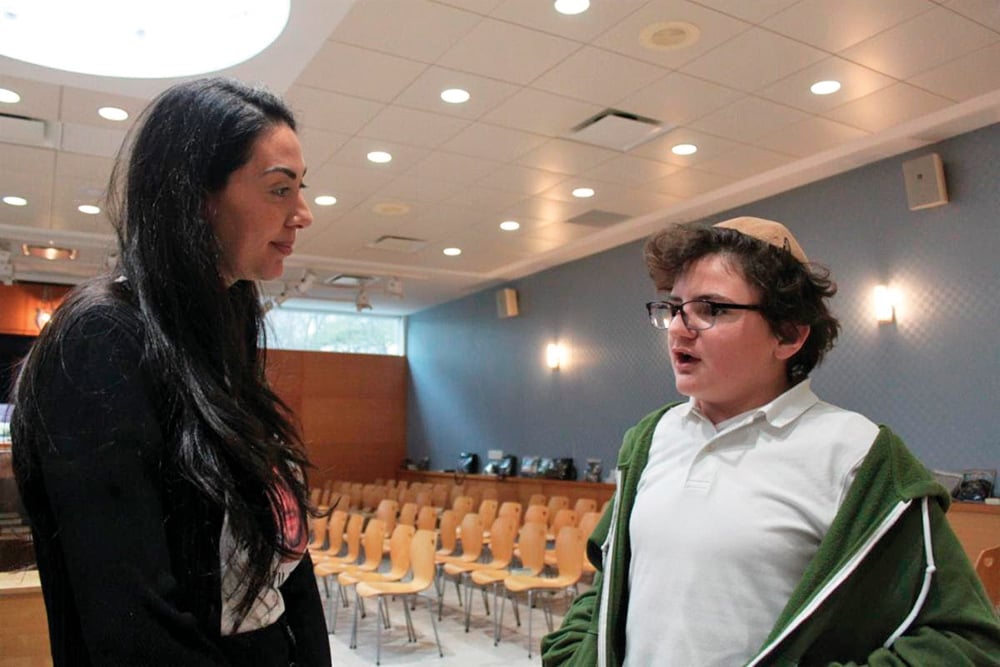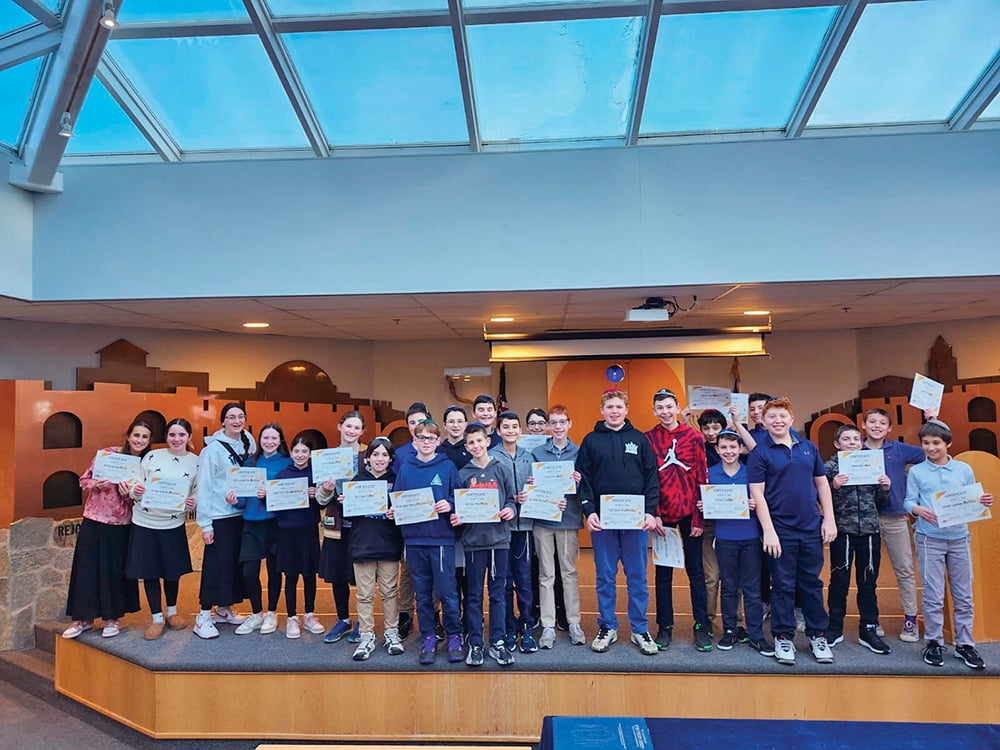Our sedra is famously known as “Parshat Eretz Yisrael.” While virtually every sedra in the Torah stresses the centrality of Israel, Ekev makes it crystal clear that God, Torah and Eretz Yisrael form the three-legged stool upon which the Jewish people eternally rests.
Yet there are numerous other subjects that Moshe Rabbeinu raises in the sedra. One of them is the mahn, the heaven-sent food that sustained us throughout our 40-year desert experience. Moshe says it was given to us “to test us.” Yet if the mahn fell every morning—with little or no effort from us—what was the test? And how is the mahn related to Eretz Yisrael?
The test of the mahn lay in the fact that no matter how much of it we collected, it lasted for only one day (except for the double portion—the “lechem mishneh”—of Shabbat). No one could hoard the mahn or save it “for a rainy day.” Why? Because Hashem wanted us to “work” for our subsistence—with avoda she’b’lev, the work of the heart.
The fact that we did not know for sure where tomorrow’s meal would come from—in the midst of a harsh wilderness where no other nourishment was available—prompted us to fervently pray to Hashem and be thankful when the next day’s food fell from heaven.
In this sense, mahn is closely related to money (mahn-ee?!), which, if we have too much of it, can often lead us to believe more in ourselves than in God and become less desperate and intense in our prayers to Him for parnasa.
And this, you see, is the connection to Eretz Yisrael, as well. The parsha reminds us that Israel is not like Egypt, where the Nile overflows its banks and waters the land; where you “look down and you see water.” Israel depends upon the rain for our fertility; here, one must look up to the Heavens for our deliverance.
The message is clear: We have been given a marvelous land, unequaled on Earth: a land where every element of topography and geography can be found—desert, ocean, river, mountain, tropical sun and snow-capped peaks. You can scuba dive in the morning in beautiful, sunny Eilat, and slide on the snow of the chilly Chermon in the afternoon!
But the performance of the land, and our ability to live here safely and successfully, depends upon our behavior. If we do not take Israel for granted, if we act morally and justly, if we appreciate and acknowledge that this is truly “God’s country” and cry out daily to Him for His divine protection and grace, if we are willing to sacrifice for the right to be here, then and only then will the rains come and we will merit eternal presence and protection in our land.
Our neighbors Egypt or Turkey may have natural sources of abundant water at hand. But not Israel; we have to cry us a river.
Rabbi Stewart Weiss is director of the Ra’anana Jewish Outreach Center ([email protected]) and a member of the Mizrachi Speakers Bureau ( www.mizrachi.org/speakers ).













